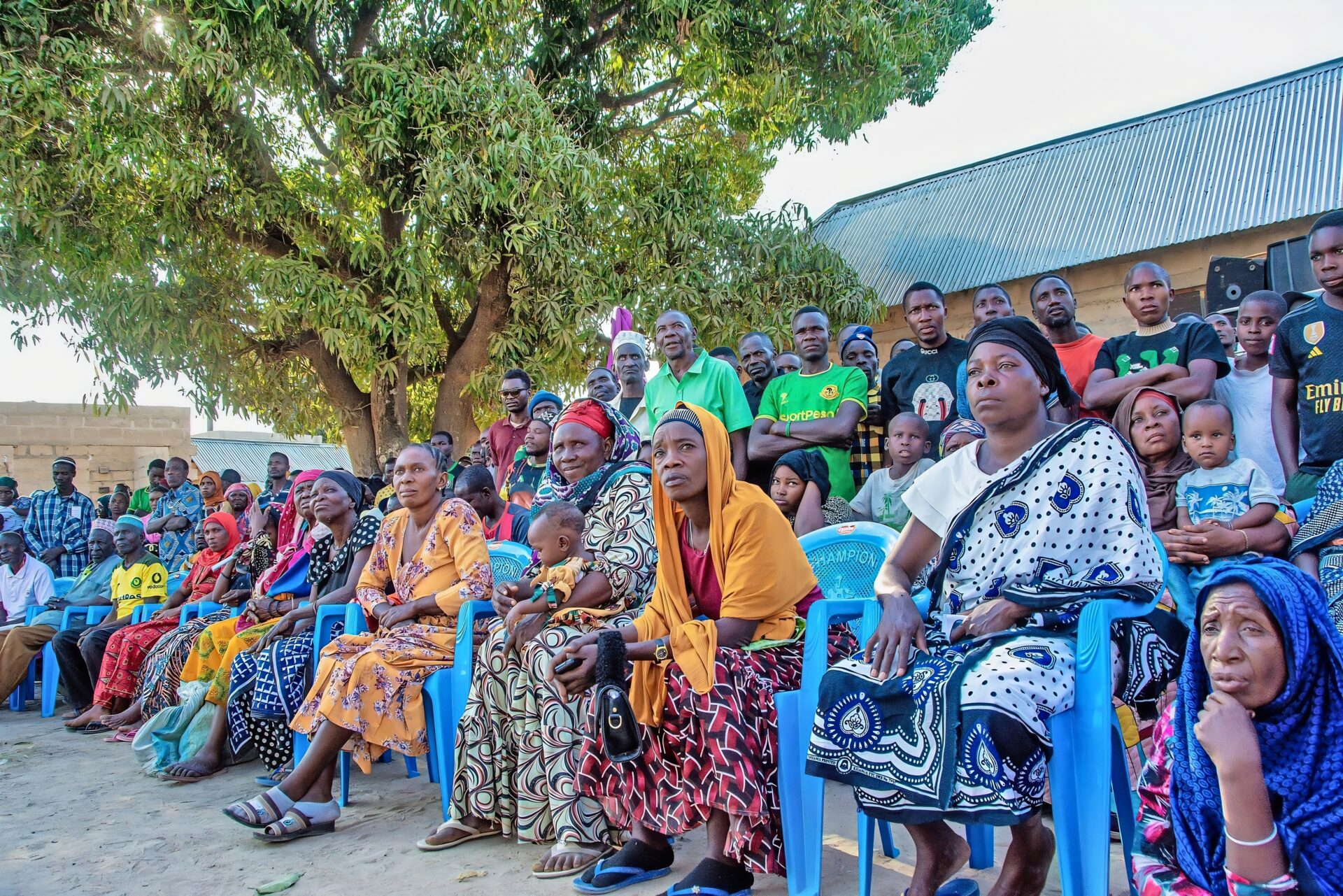A Call for Change: Engaging the Public and Empowering Farmers in Tanzania
On the 7th of August, 2024, a noteworthy occurrence took place in Lindi City, Tanzania. ACT Wazalendo Vice-Chairman Comrade Isihaka Mchinjita spearheaded a demonstration and meeting, marking a significant event in the political landscape of the region. This initiative constituted a component of a broader strategy pursued by the party with the objective of engaging with the public and reinforcing its membership. The timing of this event was particularly symbolic, coinciding with Farmers’ Day, a day dedicated to honouring the backbone of Tanzania’s economy – the farmers.
While the activities in Lindi City were underway, I found myself in Ilolangulu, Tabora. In this context, I took the opportunity to address the urgent issues facing farmers, who continue to grapple with the consequences of the policies implemented by the Chama Cha Mapinduzi (CCM) government. Despite the promises of liberation and prosperity, the reality for many farmers remains starkly different to that which was anticipated. As a result, they are trapped in a vicious cycle of poverty, lacking access to the essential agricultural inputs and reliable markets that would enable them to improve their situation.
In my address, I encouraged the farmers to engage in a critical evaluation of their allegiance to the CCM. The government’s inability to fulfil its commitments has resulted in the marginalisation of these individuals and a struggle to maintain financial stability. I advised them to consider disassociating themselves from the CCM and to maintain a critical and sceptical stance towards its actions and promises.
The situation of Tanzanian farmers can be seen as a microcosm of the broader systemic issues that have affected the nation as a whole. The neglect of agriculture, which is the lifeblood of Tanzania’s economy, has resulted in a lack of support for farmers, which is necessary for them to thrive. The dearth of access to contemporary agricultural inputs, such as superior seeds and fertilisers, in conjunction with the absence of adequate infrastructure, has constrained productivity and growth. Furthermore, the lack of dependable markets results in difficulties for farmers attempting to sell their surplus produce at a fair price.
This situation is not merely an economic concern; it is also a social one. The impoverishment of farmers has significant implications for their families and communities. This perpetuates a cycle of poverty and hinders the overall development of the nation. It is of the utmost importance that these challenges are addressed directly and that efforts are made to empower our farmers.
In order to effect meaningful change, it is essential to give priority to the following:
1. Access to Agricultural Inputs
It is essential that farmers have access to quality seeds, fertilisers and other essential inputs in order to maximise their productivity. It is incumbent upon the government to invest in the provision of these resources and to guarantee their accessibility to all farmers, irrespective of their geographical location or economic status.
2. Infrastructure Development
The improvement of infrastructure, including roads and irrigation systems, is of paramount importance for the facilitation of agricultural produce transportation and the enhancement of overall productivity. Infrastructure investments will facilitate market expansion and provide farmers with the opportunity to sell their products at fair market prices.
3. Market Access
The establishment of reliable and transparent markets is of paramount importance to farmers, as it enables them to sell their produce at fair prices. It is incumbent upon the government to foster an environment conducive to fair trade and to safeguard farmers from exploitation by middlemen.
4. Farmer Education and Training
It is of the utmost importance to equip farmers with the requisite knowledge and skills if they are to achieve success. It is recommended that training programmes be implemented with the objective of educating farmers on modern farming techniques, sustainable practices and effective business management.
5. Policy Reforms
It is imperative that the government undertake a comprehensive review and reform of existing policies in order to adequately address the challenges currently faced by farmers. It is essential that policies are designed in a manner that promotes agricultural growth, protects the rights of farmers, and ensures the existence of a fair and competitive market.
By addressing these key areas, it will be possible to empower Tanzanian farmers and create a sustainable agricultural sector that drives economic growth and improves the livelihoods of our people. The necessity for change is evident, and collective action can facilitate the creation of a more promising future for Tanzania.
Rachel Kimambo
National Secretary for Finance and Resources| Secretary of The Board of Trustees ACT Wazalendo
- Kanyala Ferry Launch: TEMESA’s New Service for 15,000 Sengerema Residents (Mwanza) - 18 August 2025
- Russia-Tanzania Naval Cooperation: How the Smolny Training Ship Boosts Dar es Salaam’s Maritime Security - 18 August 2025
- Tanzania’s ICGLR Commitment: Stabilising the DRC & Great Lakes Region - 18 August 2025














